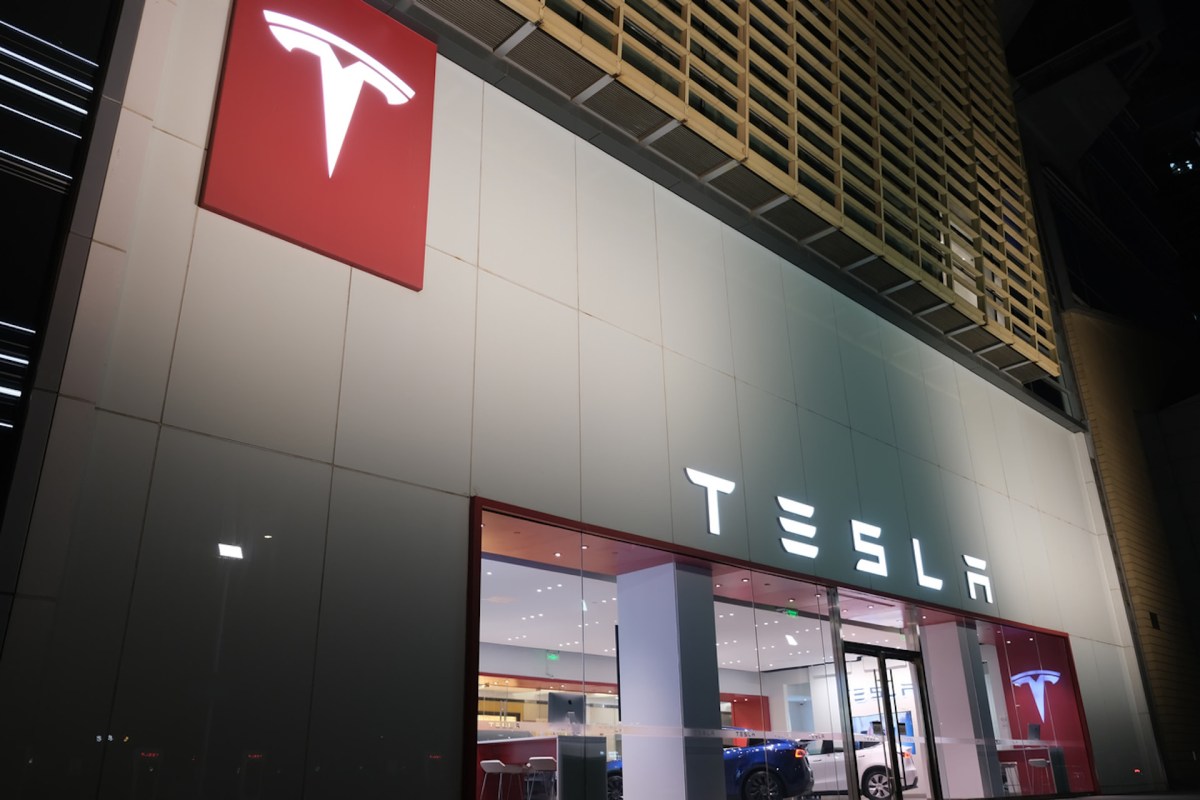A new biography of Elon Musk was published on Sept. 12, in which author Walter Isaacson covers the Tesla CEO's life from his childhood days to his metamorphosis into one of the world's most influential people.
The book also includes some details on the future of Tesla, including plans for the production of new models under the brand's umbrella.
Electrek noted that Tesla announced the construction of a new Gigafactory in Mexico during March 2023's Investor Day, and it was thought the company's next generation of vehicles, created using what was described as an "unboxed process," would be built at that location.
While the Isaacson book confirmed that was the initial intention, the plans changed soon after.
In excerpts from the biography released by Axios, it's said the Mexico factory would have built Tesla's next mass-market vehicle as well as a slightly adapted version referred to as the Robotaxi using a "highly automated" process.
However, Musk realized that moving his engineers to Mexico would be necessary to keep them close to the production line and enable them to provide feedback.
As Axios reported, Musk told Isaacson: "Tesla engineering will need to be on the line to make it successful, and getting everyone to move to Mexico is never going to happen."
With that, Musk decided in May that the new line would instead be developed at the company's Texas-based Gigafactory.
The unboxed process is intended to build separate parts of a vehicle individually and then bring them all together for the final product, as Electrek observed.
By doing so, it is hoped production costs could be brought down, allowing Tesla to release next-generation cars in the $25,000 price range.
It seems we're not so close to seeing these models coming out of the factory, but it signals the intentions of Tesla to bring a more affordable electric vehicle to the market.
In research from the Associated Press-NORC Center and funded by the Energy Policy Institute at the University of Chicago, a poll of 5,408 people showed that 60% of respondents said the cost of an electric vehicle was a "major reason" not to buy one. Meanwhile, 23% cited the price of purchase as a "minor reason."
With that in mind, more affordable options should help to boost purchasing, in turn removing more dirty fuel–powered vehicles from the road and replacing them with models that produce zero tailpipe pollution.
The biography provides interesting insight into Musk's decision-making process. Let's just hope those affordable models emerge soon, wherever they are built.
Join our free newsletter for cool news and actionable info that makes it easy to help yourself while helping the planet.









